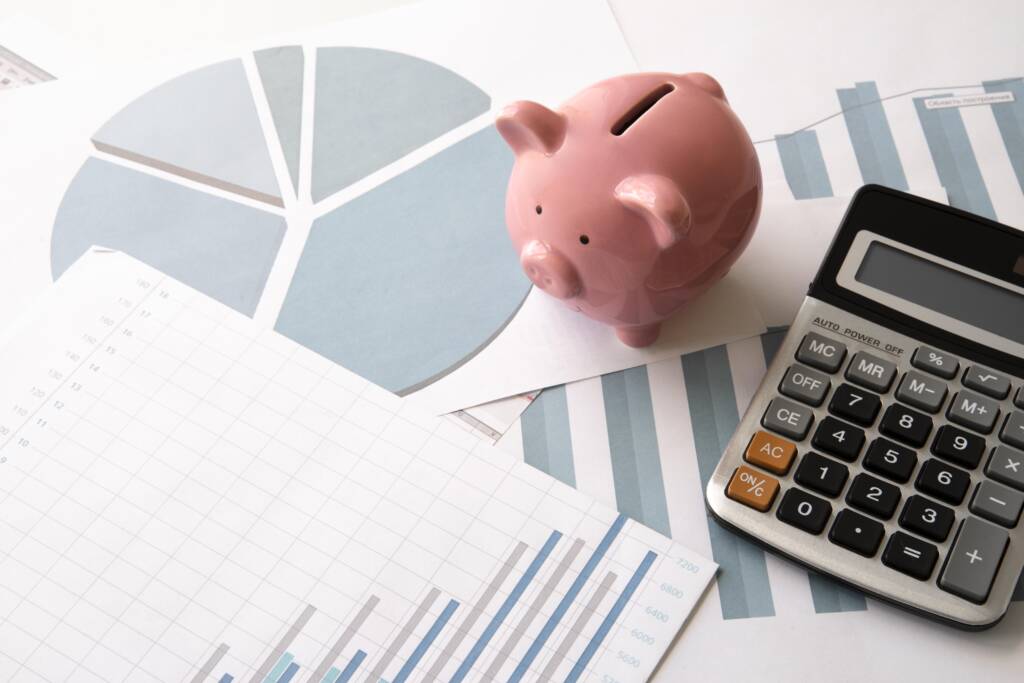
If you’ve been keeping an eye on the news—or your superannuation balance—you might have come across the recent announcements around changes to the superannuation tax rules in Australia. These updates mainly affect high-income earners with large super balances. Even if you don’t fall into that category, it’s worth understanding how these changes work and what they could mean for your future retirement planning.
So, let’s break it down into simple terms.
First, What Is Superannuation Anyway?
Superannuation—commonly called “super”—is a way to save money for retirement in Australia. You (and your employer) put money into your super fund over the course of your working life. The government gives super a bit of a tax break to encourage Australians to save.
It’s a smart system to help build your financial future. But like anything involving tax and money, there are rules—and those rules sometimes change.
What’s Changing With Superannuation Tax in 2025?
The Australian Government is set to introduce a new tax from 1 July 2025. It’s called a 30% tax on earnings for superannuation balances over $3 million. Currently, most people only pay a 15% tax on earnings in their super, so this is quite the shift—but it’s only for those with large balances.
Here’s the key rule in a nutshell:
- First $3 million in your super: Earnings taxed at 15%
- Anything over $3 million: Earnings taxed at 30%
Keep in mind: this change doesn’t impact your balance directly. It impacts the earnings from the part of your super that goes over the $3M threshold.
Why Is the Government Making This Change?
According to the government, the goal is to make the super system “sustainable” and “fair.” Right now, people with very large super balances get big tax breaks, even when they don’t need them to fund retirement.
For example, the Australian Taxation Office (ATO) has found that some individuals have over $100 million in their super accounts. That’s well beyond what most Aussies save for retirement.
In fact:
- Less than 0.5% of Australians have over $3 million in their super
- This group will foot the bill for the new 30% tax
How Will This New Super Tax Actually Work?
Here’s where it gets a little technical, but stay with me…
The 30% tax is applied only to the proportion of earnings on the part of your super balance over $3 million. The ATO will calculate it annually based on your total super balance at the start and end of the financial year, including contributions and withdrawals.
Let’s walk through an example:
Suppose you have $4 million in super:
- The first $3 million earns income taxed at 15%
- The remaining $1 million earns income taxed at 30%
If your total earnings for the year are $200,000, the ATO uses a formula to determine how much of that $200,000 came from the amount over $3 million—and taxes just that portion at the higher rate.
No need to scramble to calculate it yourself. The ATO will send you a tax assessment, and you can pay it from your own bank account or from your super fund. You get to choose.
What Can High Earners Do About It?
If you’re someone with a growing super balance that’s creeping toward that 3-million-dollar mark—or already over it—it’s time to review your strategy.
Here are some smart options to consider:
- Work with a financial advisor: They can help you decide whether to adjust your super contributions or look at other investment vehicles outside your super fund.
- Consider non-super investments: Investing in property or shares through a family trust or other tax-effective structures could give you more flexibility.
- Review your estate planning: If your super balances are for legacy planning rather than retirement, there may be other, more tax-smart ways to pass on wealth.
Don’t wait until 2025 to start planning. A proactive approach today can save you from paying higher taxes tomorrow.
Will This Impact You If You’re Not a High Earner?
Honestly? For most Australians, it won’t. If you’re far from having a $3 million super balance, this change won’t affect your current situation. But as with any tax reform, it’s good to stay informed.
Think of it like this: the rules of the game are changing, and it never hurts to know the new playbook—even if you’re sitting on the bench for now!
Retirement Planning Is More Than Just Super
While superannuation is a fantastic way to save for retirement—especially with its low taxes—it’s just one part of your financial picture.
Here’s a question to ask yourself: Is your current savings and investment mix giving you the flexibility and tax efficiency you need?
If you’re unsure, working with a trusted accountant or financial planner can help you see the big picture. Retirement isn’t just about growing your nest egg—it’s about accessing your money when and how you need it.
Final Thoughts: Stay Informed, Stay Ahead
The 2025 superannuation tax changes certainly make headlines, but they shouldn’t be a cause for panic. For most Aussies, they won’t make a difference. For high earners, though, they represent a shift. And like any change to your financial outlook, it’s best to get ahead of it now.
Whether you’re building a strong retirement strategy or want to explore ways to balance growth and tax effectiveness, staying informed is the first step.
Need help reviewing your super strategy? At Prudent Accountants & Co, our team can help you understand what these tax changes mean for you—and what smart moves you can make now to protect your wealth later. Reach out for a consultation today!
Disclaimer: This article is intended to provide general information only. It does not constitute tax, financial, or legal advice. You should seek professional advice tailored to your specific circumstances before making any decisions.
